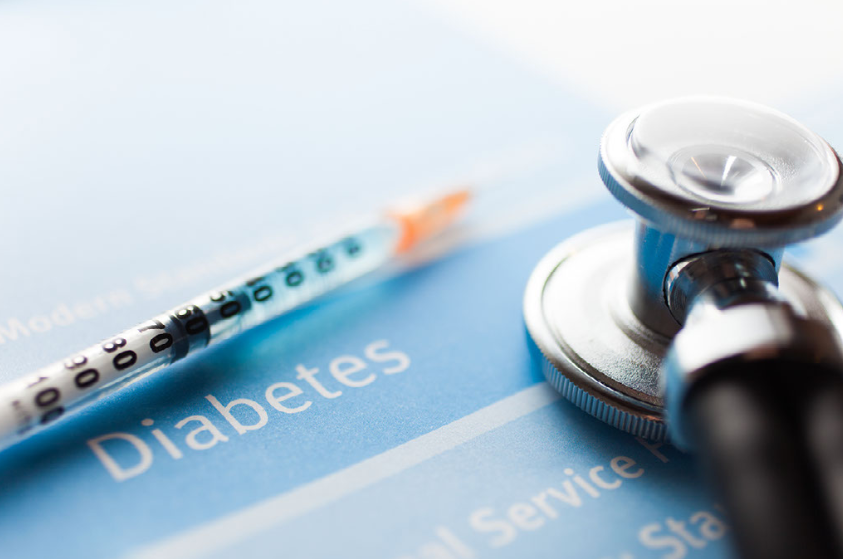In a mice study, a researcher from Texas Woman’s University found that blueberries helped inhibit the development of fat cells.
“I wanted to see if using blueberry polyphenols could inhibit obesity at a molecular stage,” said Shiwani Moghe, MS. Studying tissue cultures taken from mice, Moghe found that the highest dose of polyphenols cut the number of fat cells by 73% and the smallest dose cut the number by 27%.
“We still need to test this dose in humans, to make sure there are no adverse effects, and to see if the doses are as effective. This is a burgeoning area of research. Determining the best dose for humans will be important,” said Moghe. “The promise is there for blueberries to help reduce adipose (fat) tissue from forming in the body.”
https://www.sciencedaily.com/releases/2011/04/110410130824.htm



